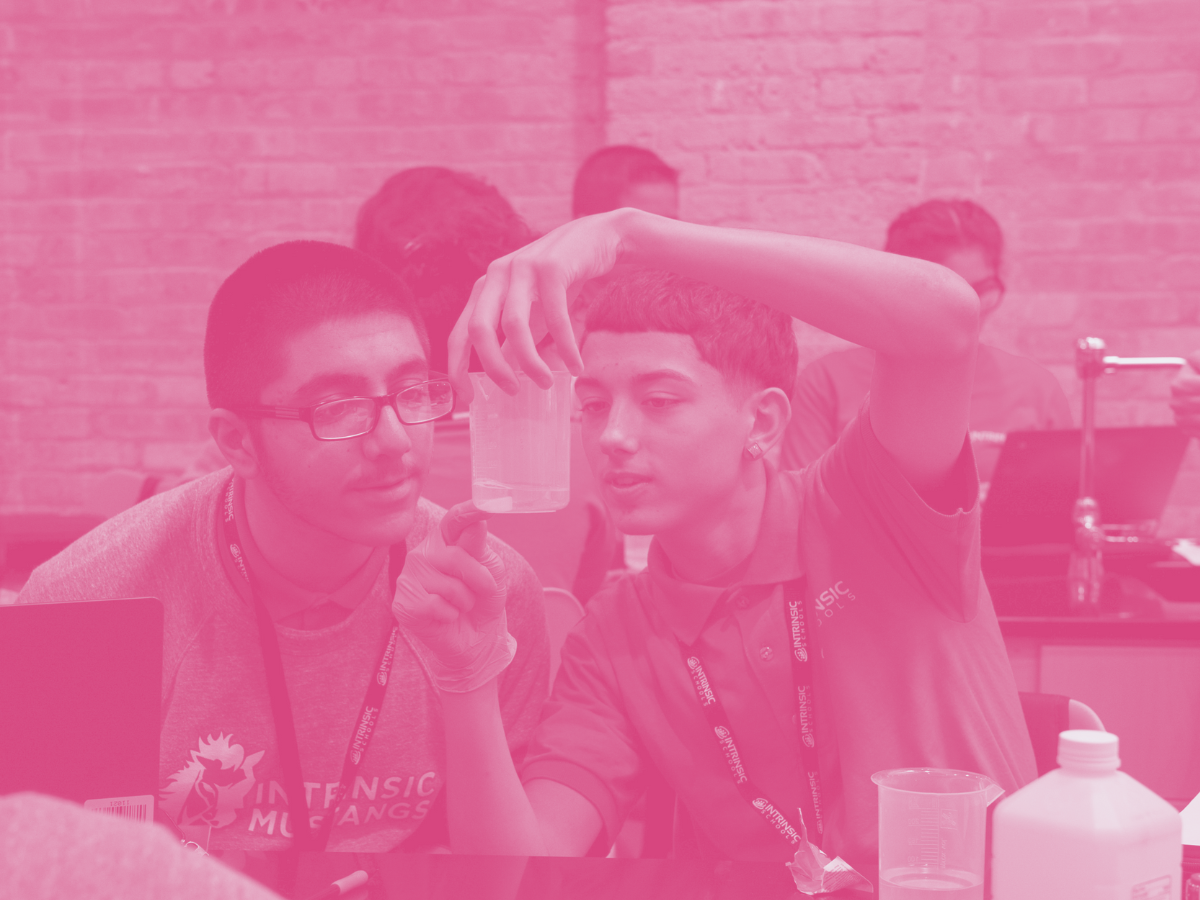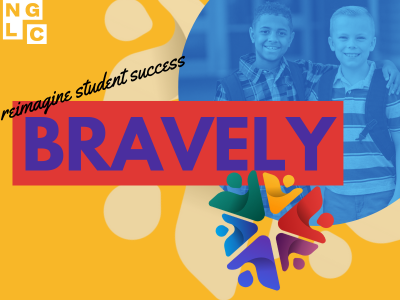New Designs for School
3 Winning School Designs at Startup Weekend EDU in D.C.
Topics

We’ve all had the experience of truly purposeful, authentic learning and know how valuable it is. Educators are taking the best of what we know about learning, student support, effective instruction, and interpersonal skill-building to completely reimagine schools so that students experience that kind of purposeful learning all day, every day.
Creation, passion, projects, internships, and the Smithsonian propelled these three school designs to the top of the heap in last weekend's startup competition.
Drumroll, please…the winning ideas from Startup Weekend EDU D.C.: Next Gen Schools!
The teams were lined up, the mic check was done, more than 50 people had arrived to watch, our judges were in place—and our emcee, Caroline Hill, started the slow clap announcing the kickoff to Sunday’s final Startup Weekend EDU D.C.: Next Gen Schools presentations. It was game time for the ten teams that had wrestled with their ideas for the past two days.
Each team had five minutes to present their school design, followed by Q&A from the judges (including Jennie Niles, Deputy Mayor for Education; Bobbi MacDonald, Executive Director of City Neighbors Foundation; Tracy Foster, Principal of Randle Highlands Elementary School; and Abreham Gebre; graduate of Columbia Heights Educational Campus and current student at Georgetown University). And then, during an agonizing 45 minutes, the judges selected the three winning teams.
And those winners are…
First Place: Sustainable Futures
Concept summary: Competency-based, project-based school for over-age, under-credited students, coupled with a flexible schedule.
Strength of concept:
- The school concept was built on a clear student need, and it articulated why existing schools do not serve those students. The clarity of the concept grew from this excellent problem identification.
- The combination of competency-based learning, project-based learning, and other program attributes has not been attempted for this student demographic before, making it truly innovative.
- The school is designed for students who are disenfranchised and offers an alternative model for those that are not served by the current system.
Opportunity to improve concept:
- It was unclear how all the pieces of the learning program would come together seamlessly for students.
Prize: A one-year membership to 1776; fees waived to 4.0 Schools programs, including Essentials.
Second Place: Future Now!
Concept summary: A school serving students grades 6–12 that would focus not on some hypothetical future course to success, but on tapping into student passion today and supporting students in learning how to pursue life with purpose. The core of the model was “creation courses” and “passion projects.”
Strength of concept:
- Problem identification: The articulation of why school needs to be fundamentally reframed was compelling.
- Learning program: The creation courses and passion projects were some of the most exciting ideas presented.
Opportunity to improve concept:
- Learning program: It was unclear why there was no need for a building—that concept felt core and yet unfinished.
- Equity: It was unclear how this would push the conversation in the city around equity.
Prize: NBC Universal 21st Century Skills prize of three tickets to SxSWEDU; Fees waived to 4.0 Schools programs, including Essentials.
Third Place: Smithsonian School
Summary of concept: A partnership with the Smithsonian Institution, the school would serve students in grades 5–12 through a combination of foundational academics taught through playlists and projects, internships, and experience-based learning throughout the network of the Smithsonian Institution, the largest network of museums in the nation.
Strength of concept:
- The richness of the program was compelling; the use of technology to do the heavy lifting on basic content and then leverage the various institutions and museums for projects would be a great combination.
Opportunity to improve concept:
- The concept of tapping into exemplary local institutions for K-12 education has been tried many times. What is different about this attempt? Why now?
- It was unclear how this concept addressed inequity explicitly.
Prize: Fees waived to 4.0 Schools programs, including Essentials.




